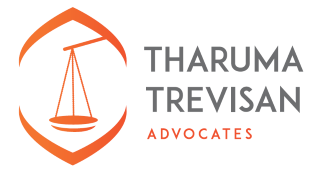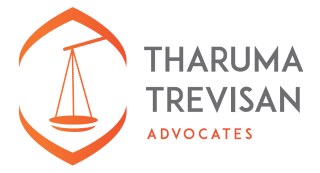
Review of the Water Services Regulations 2021
By Ian Njathi Ngugi(LLM, LLB, KSL Dip)
The regulations were formulated by the Cabinet Secretary of Water and Sanitation following her powers as stipulated under section 142 of the Water Act, 2016 and in line with the constitutional mandate of the national government to make policies and laws to ensure respect, protection and realization of human right to water and sanitation.
The purpose of the regulations is to provide for the following
- The establishment, operation, licensing and financing of water service providers
- Application for water services provision licenses
- Setting and regulation of water services tariffs
- Regulation of water service providers(WSP) including licensing, roles and responsibilities as well as the powers of the regulator regarding clustering of WSPs
- Regulation of bulk WSP including their establishment, licensing and roles of counties/joint authorities/joint committee of counties and national government
- Imposition and setting of various fees and levies stipulated under the Water Act
- Regulation and administration of certain water supply and infrastructure services including water services, borehole construction within areas with a licensed WSP
- Regulations for water vending
- Water quality and service standards for rural and unlicensed areas
- Regulating approvals and construction works affecting infrastructure
- Inspection, evaluation and monitoring by Regulator of operations of licenses in water services
- Establishment of a complaints mechanism by Regulatory Board for stakeholders concerning water services
- Rules on compliance and enforcement action of WASREB
- Revocation of the Water Services Regulations of 2012
Importance of the Regulations
The Regulations provide for an efficient system in ensuring that water services are provided efficiently and that the water service providers roles and responsibilities are catered for and proper systems have been put in place to regulate various aspects of the water sector.
The Regulations provide for the criteria for licensing WSPs and the requirements necessary so as to ensure that WSP are in line with laid down law and procedure as well as providing water and sanitation services in an efficient manner.
The Regulations also tie in with the Water Act with regards to the general offences and this ensures that there is no duplicity in the operation of the law and thereby harmonizing the provisions of the Water Act and the Water Services Regulation.
Moreover, the Regulations make provisions for management and setting up of boreholes and water vending services in addition to setting up procedures for utilizing water services and sanitation infrastructure. Laying down such procedures ensures that there is no lacuna in the law with regards to the provision of water and sanitation services.
Furthermore, the Regulations provide for mechanisms for the setting of tariffs, fees and levies as well as the operation of such tariffs, fees and levies with regard to water services. Additionally, the Regulations provide for systems and mechanisms of handling complaints and presents a hierarchy of reporting complaints with regard to any dispute in water and sanitation service provision.
Latest Posts
Step by Step Guide to Subdvision of Land in Kenya
Agnetah Muli LL. B, KSL Dip. What is Subdivision? The process of subdivision involves the division of land into two or more parcels. The purpose is to...
COMPREHENDING REDUNDANCY IN EMPLOYMENT LAW – KENYA
“Fairness in all forms of termination is the staple of labour law”- Anon By Quincy Jesse Kiptoo LL.B. (Hons), CPM, Dip in Law The word Redundancy...

